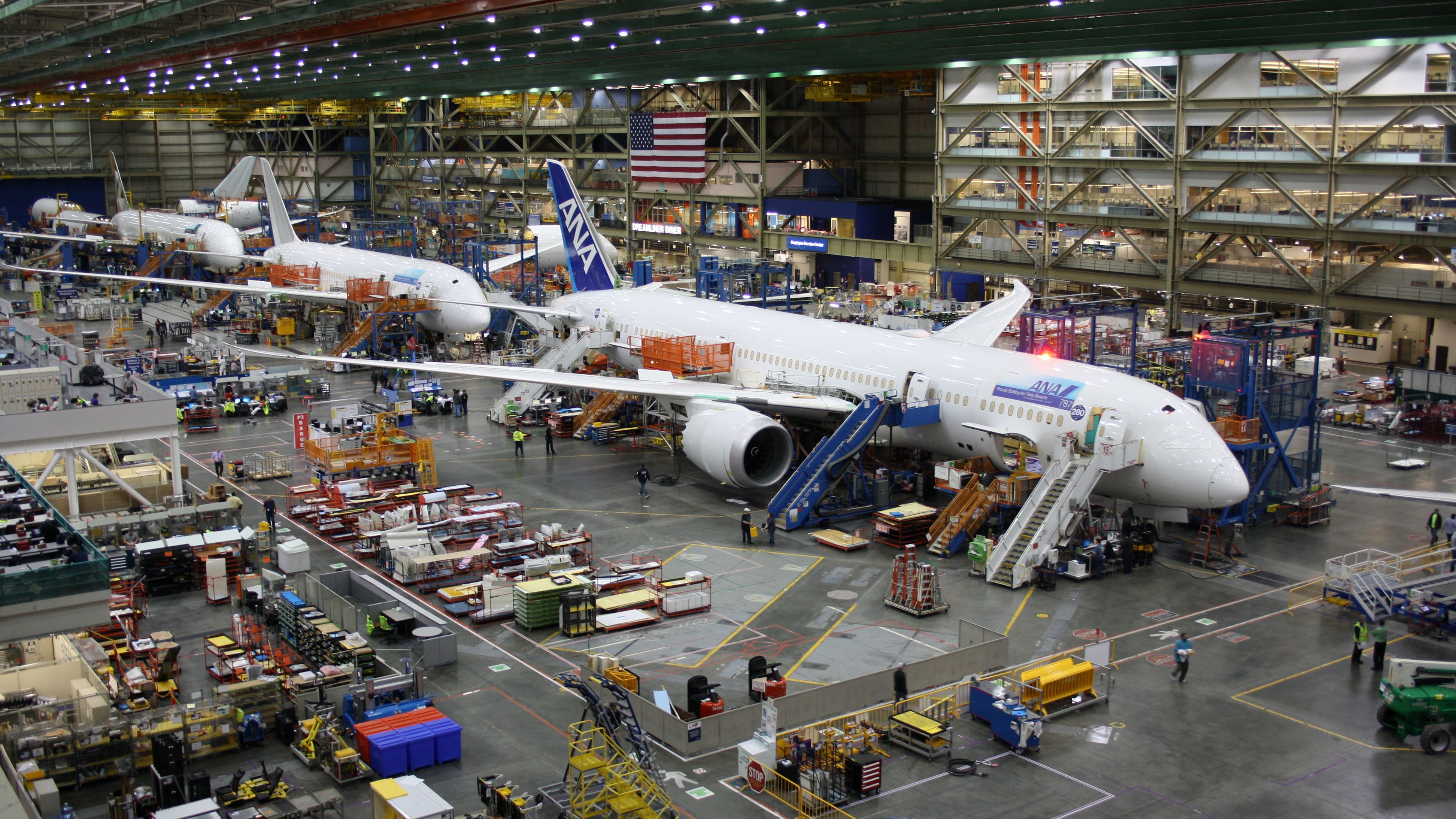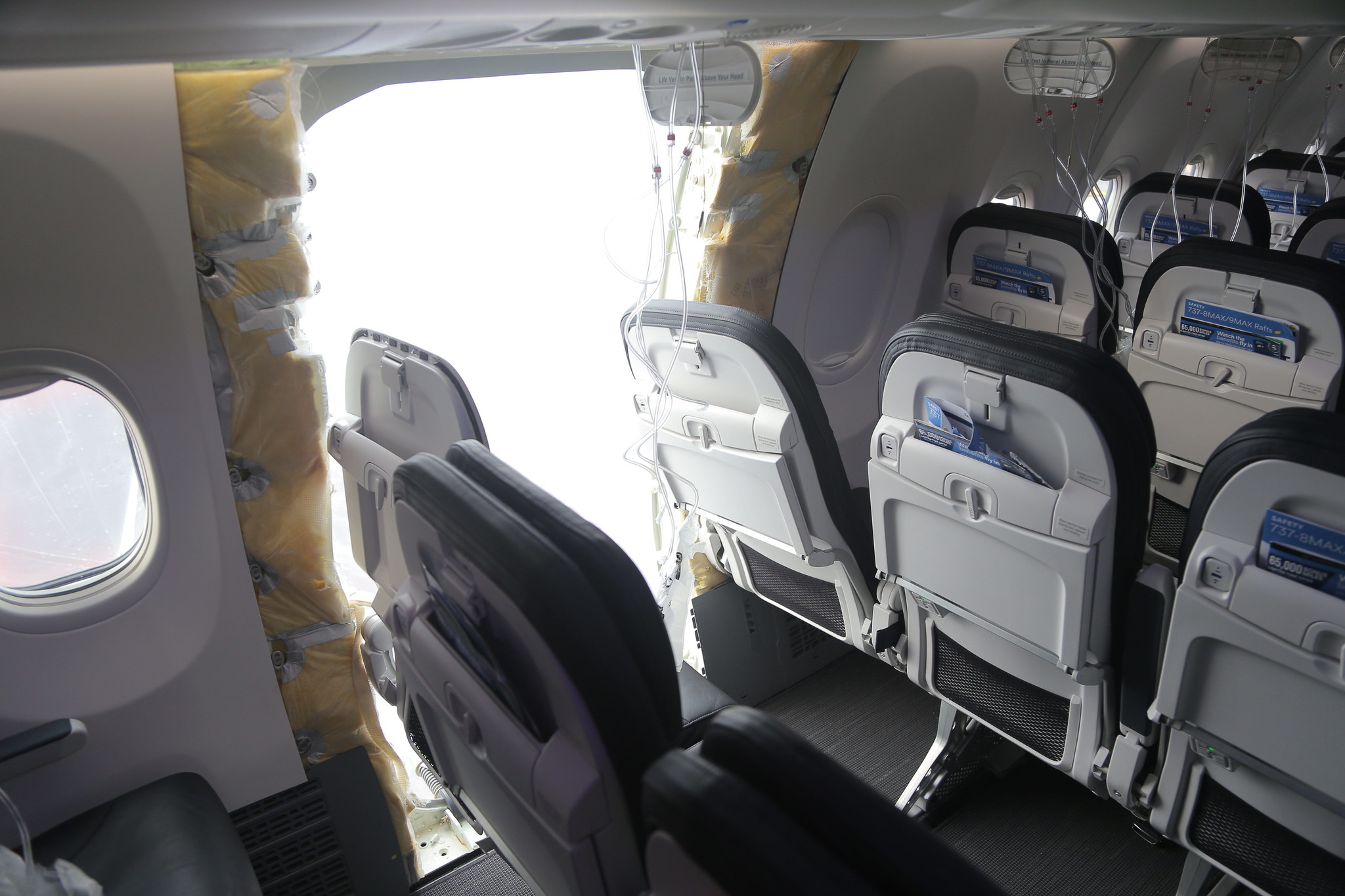well, the problem is, you can't have the parts being made, then certified, then used by the same aircraft manufacturer otherwise you are going to be monopolising the market, that mean quality (which is quite ironic....) and control problem (say they can literally shut down and blackmail airline by stop producing the parts for them). They stop letting manufacturer do that since that DC-10 crashed IIRC back in 1954 because of parts being made and authorised by McDonnel that did went thru proper QA.
And no, new aircraft aren't usually maintained by Boeing or Airbus, first of all, aircraft is not like car, you don't do check regularly. And there are 4 different types of check (A, B, C, D)and they are performed by different location/company
A Check is the "regular check" that does between 400-600 flight hours of an aircraft, this was a day check so basically you do that in the hanger (Usually you timed it so you do it in the hanger you based)
B Check is the "intermediate check" usually do between 6 to 8 months or when the airframe runs into flight hours or stress cycle limit
C Check is the "MRO" check, stand for Maintenance, Repair and Overhaul check, usually happened in 2 to 3 years or specific flight hours/cycle, which basically the same as any rego/registration check with your car. It went into a maintenance hub and then they will do major overhaul with the airframe
D Check is the "Heavy Check" basically you do everything top to bottom, usually you do this when you have to transfer your aircraft title to another airline or country and then get another Airworthiness Certificate. This either a several year/flight hours event or you sold your aircraft overseas and they don't accept your AWC.
Checks and Maintenance are either done by contractor from the airport you based, or maintenance hub like the one my brother used to work before joining Boeing like this company
Aircraft Manufacturer do service aircraft, usually either they were directed y Aviation Authorities with a directive or they can't be put in the hub for whatever reason, but then it's very rare, usually that's a contractual work.








